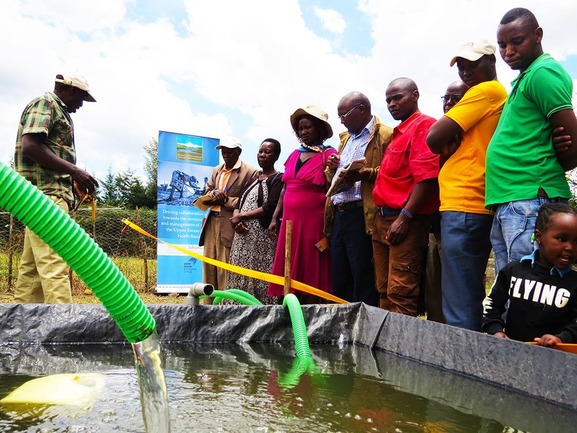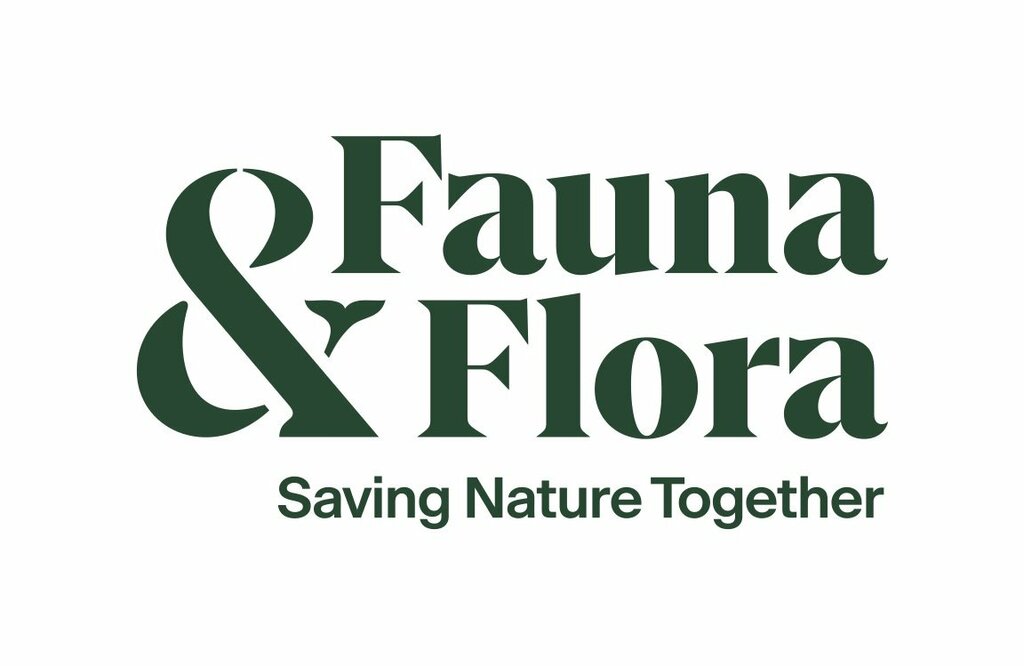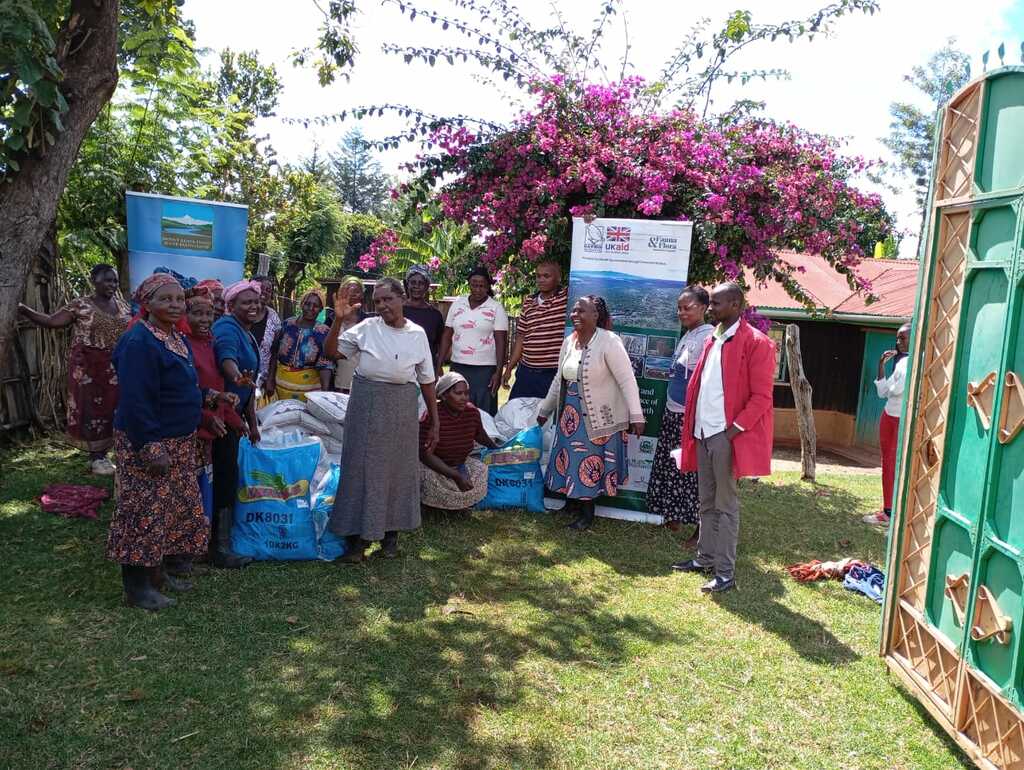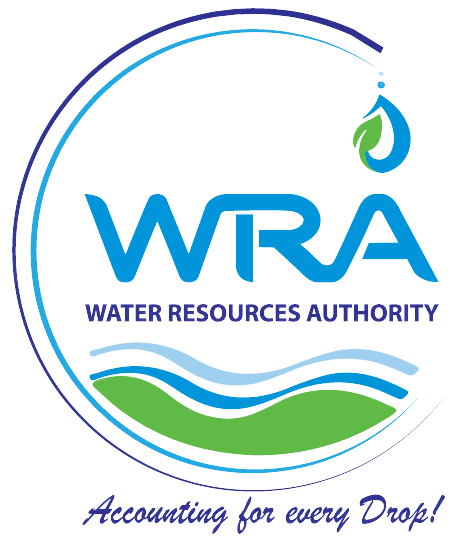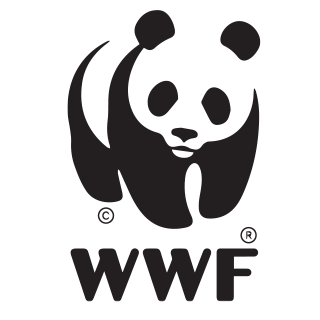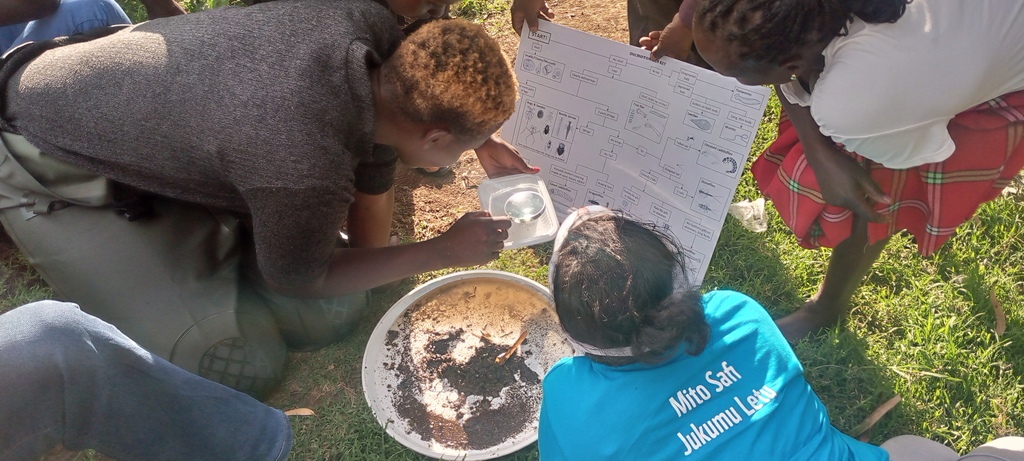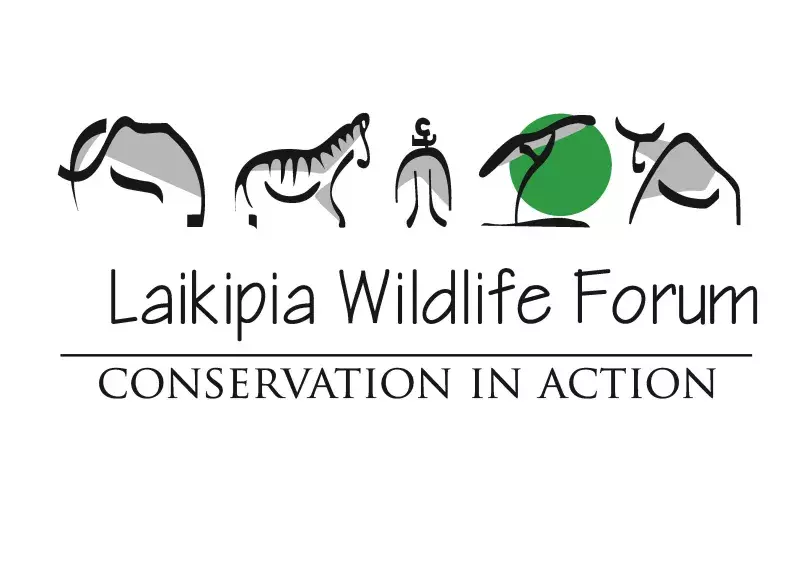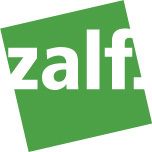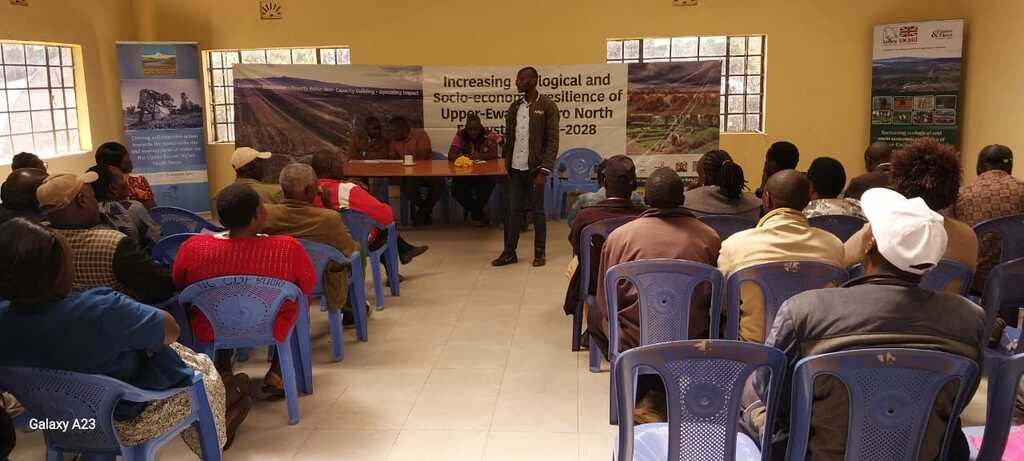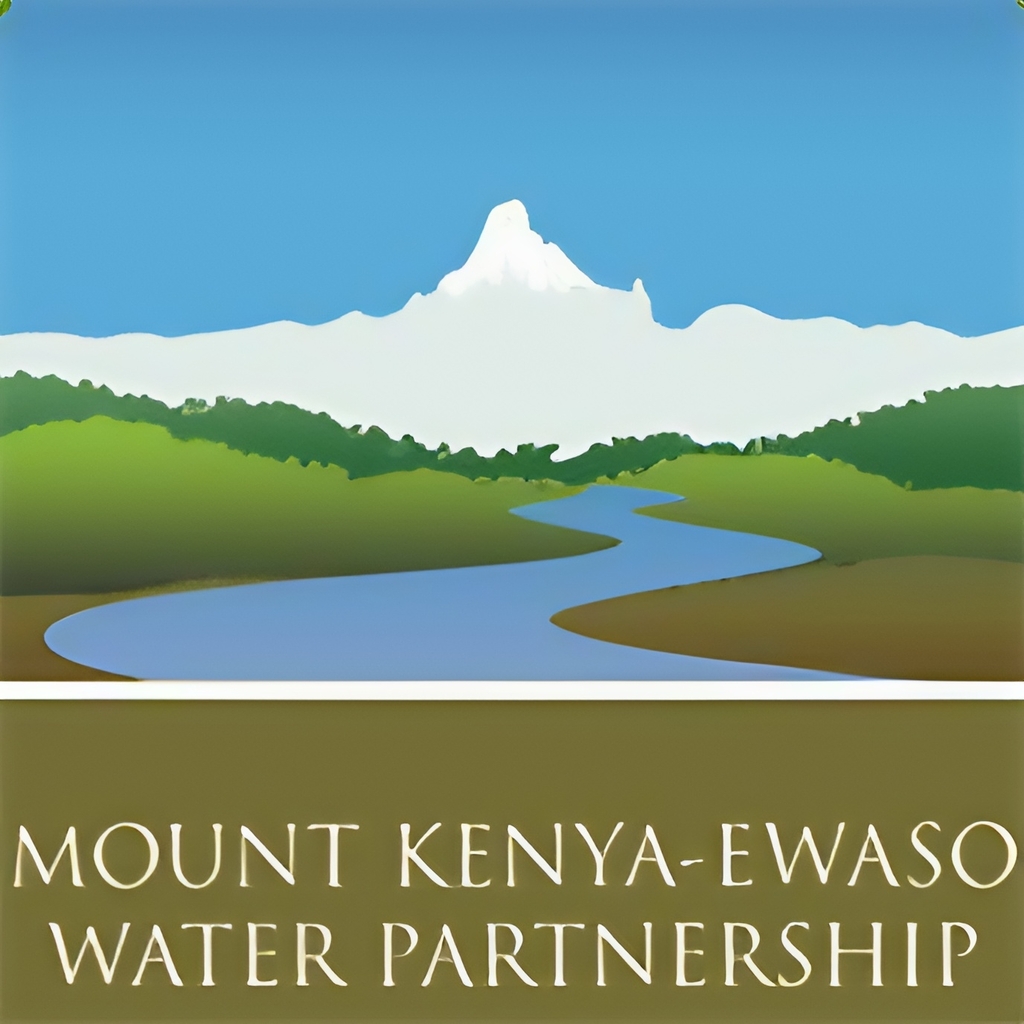Ewaso Maji Users SACCO (EMU SACCO) is a groundbreaking initiative by the Mount Kenya Ewaso Water Partnership (MKEWP), designed to strengthen water security for communities and households across the Ewaso Basin through innovative financial solutions. As a community-based financier, EMU SACCO supports farmers and water users in achieving sustainable access to water by providing tailored financial services that empower them to invest in water infrastructure and conservation.
With a mission to transform livelihoods through financial tools that improve water security and promote sustainable economic empowerment, EMU SACCO envisions a future where affordable investments in water infrastructure are within reach for all. By bridging financial gaps, EMU SACCO enables individuals and groups to save, access revolving funds for water projects, and adopt efficient water use practices that preserve resources across the basin.
At the heart of its services is the Vuna Maji Loan, a flagship product that helps members invest in water storage, harvesting, and efficient usage systems. This unique offering not only provides financial support but also connects members to trusted suppliers and service providers, ensuring access to high-quality products at discounted rates. In addition, EMU SACCO offers training and guidance on efficient water use, helping members maximize their investments while building resilience in the face of climate and economic challenges.
Through these efforts, EMU SACCO is redefining community water management, turning water security into a foundation for long-term prosperity in the Ewaso Basin.

